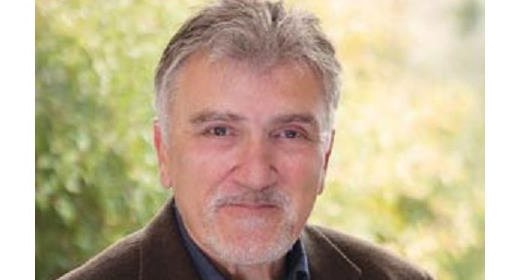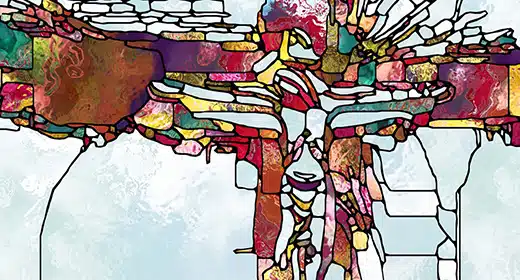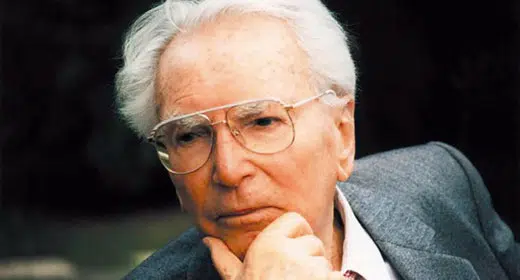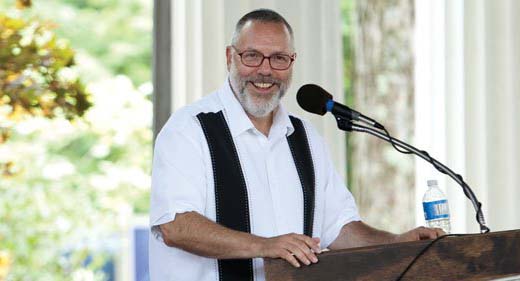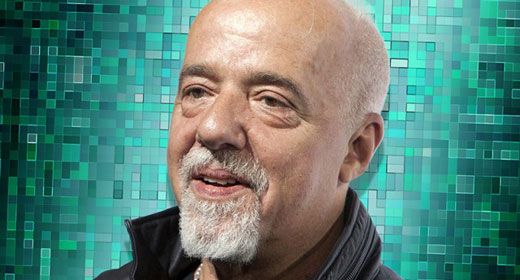by Rabbi Rami Shapiro: I think forgiveness is the key sign of a spiritual person, and do all I can to forgive others whenever I feel hurt, betrayed or exploited.
I agree that forgiveness is an integral part of spiritual life and spiritual living, but there is more to forgiveness than bestowing it, and that is asking for it. When we focus on forgiving others we set up a hierarchy of power: I, the giver of forgiveness, am superior to you, the one who needs my forgiveness.
Are you saying we shouldn’t forgive people?
No, I’m saying that when doing so you must be careful of the trap of power and ego inflation. You can dangle forgiveness in front of someone the way you might dangle a string in front of a cat. Don’t play with another’s need for forgiveness, but forgive freely and easily. But I am also saying that the deeper work of forgiveness may be in the asking rather than the bestowing.
How can that be? If I have to ask for forgiveness I must have done something wrong or harmful. How is that spiritual?
Recognizing our errors and harmful behaviors is key to spiritual maturation. This is so because spiritual maturation is rooted in humility rather than superiority. When I sincerely ask for forgiveness I have to admit my own foibles; I have to humble myself both to myself—I am not as perfect as I pretend—and to you. This is far more difficult than granting forgiveness to others.
Jesus teaches us to ask for forgiveness 7 x 70 times. Is this because he is really offering us a practice for cultivating humility?
Exactly. Forgive quickly, for dragging out the giving of forgiveness only feeds the ego. Ask for forgiveness regularly, and in this way keep the ego on a healthy diet of self-awareness and restraint.
But what if there is nothing I need to be forgiven for? Or what if bringing up past hurts will only add to another pain?
If you think you have nothing for which to be forgiven, ask to be forgiven of that. Hubris is the opposite of humility. If you pay attention to your thoughts, words, and deeds you will see plenty of opportunity to ask for forgiveness. And, as you say, there is often no need to spell out what it is you are asking forgiveness for. Simply acknowledge the fact that you have caused another pain and sufferings, and ask for forgiveness. In doing so you offer both the other and yourself a wonderful gift.
Which is?
The gift you offer the other is the opportunity to surrender their pain; forgiving you may allow them to move on—which by the way may mean moving on without you. Forgive does not necessarily mean to forget. The gift you offer yourself is that of humility, self-emptying. And if the relationship is repairable, there is a third gift that asking for and giving forgiveness entails—re-pairing the love between the two of you. Contrary to the pop-culture adage, being in love is always having to say you’re sorry.


